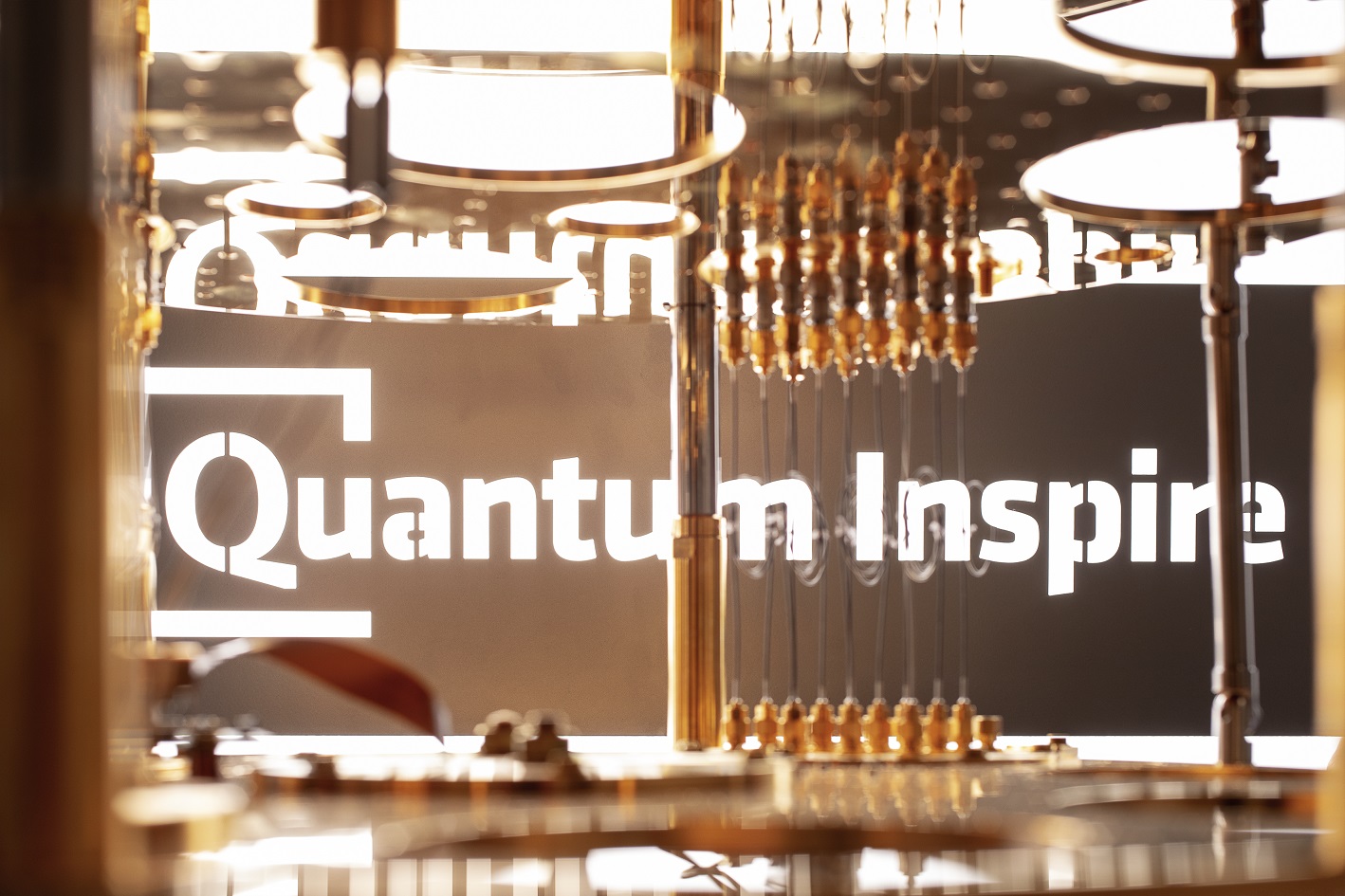The future of quantum
The near future of quantum computing lays out milestones and obstacles to the ultimate goal: a universal, fault-tolerant quantum computer.
The NISQ Era
The Noisy Intermediate-Scale Quantum (NISQ) era is the name given by quantum scientist John Preskill to the near future of quantum computing. It stands for the time in which quantum computers are far from perfect: they are still noisy, without full error correction. Moreover, they consist of a limited number of qubits – the intermediate scale. NISQ computers may have potential applications in chemistry, physics and a few other niche subjects, but do not unlock the full potential of quantum computers – not until we can eliminate errors entirely.
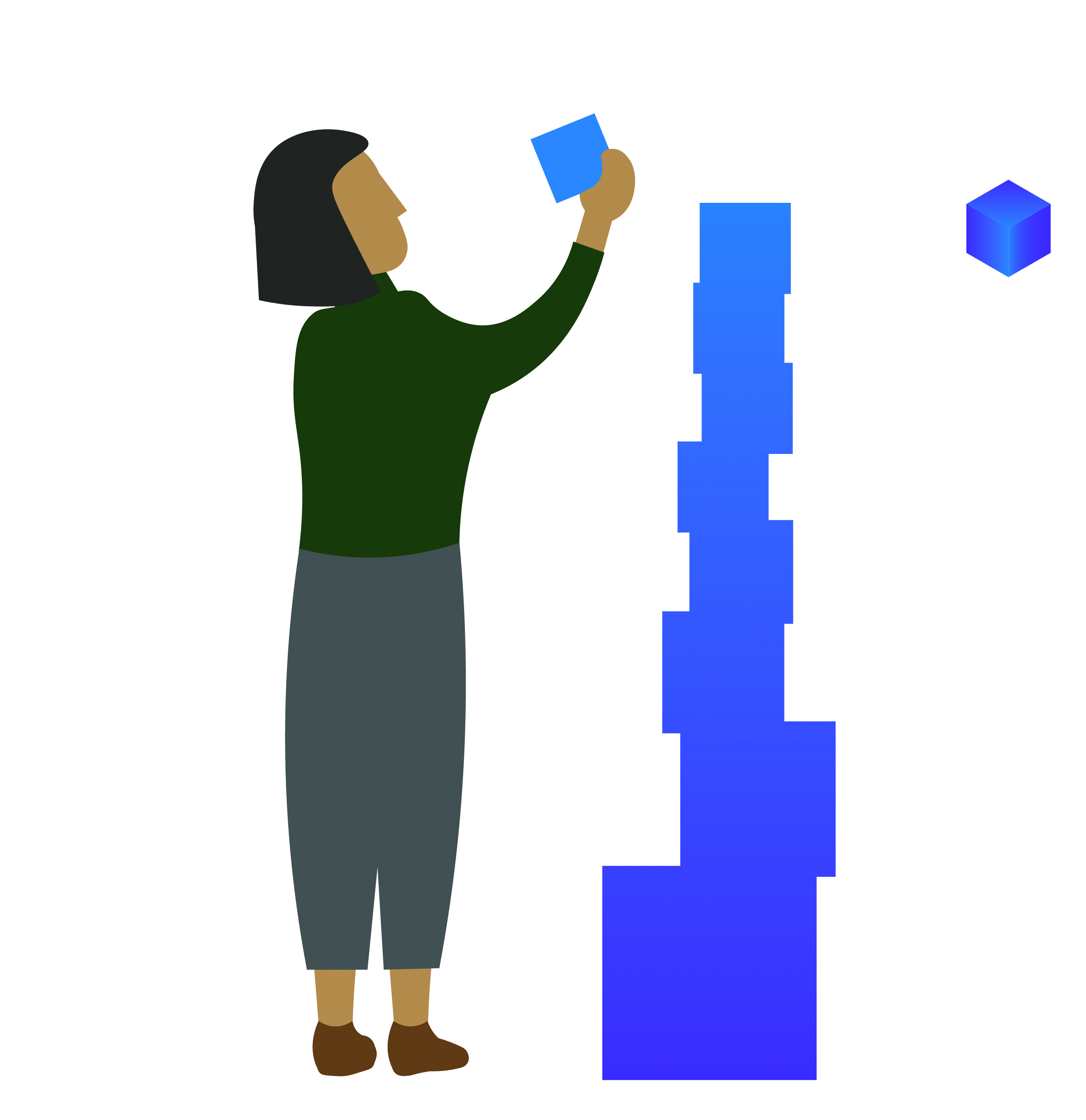
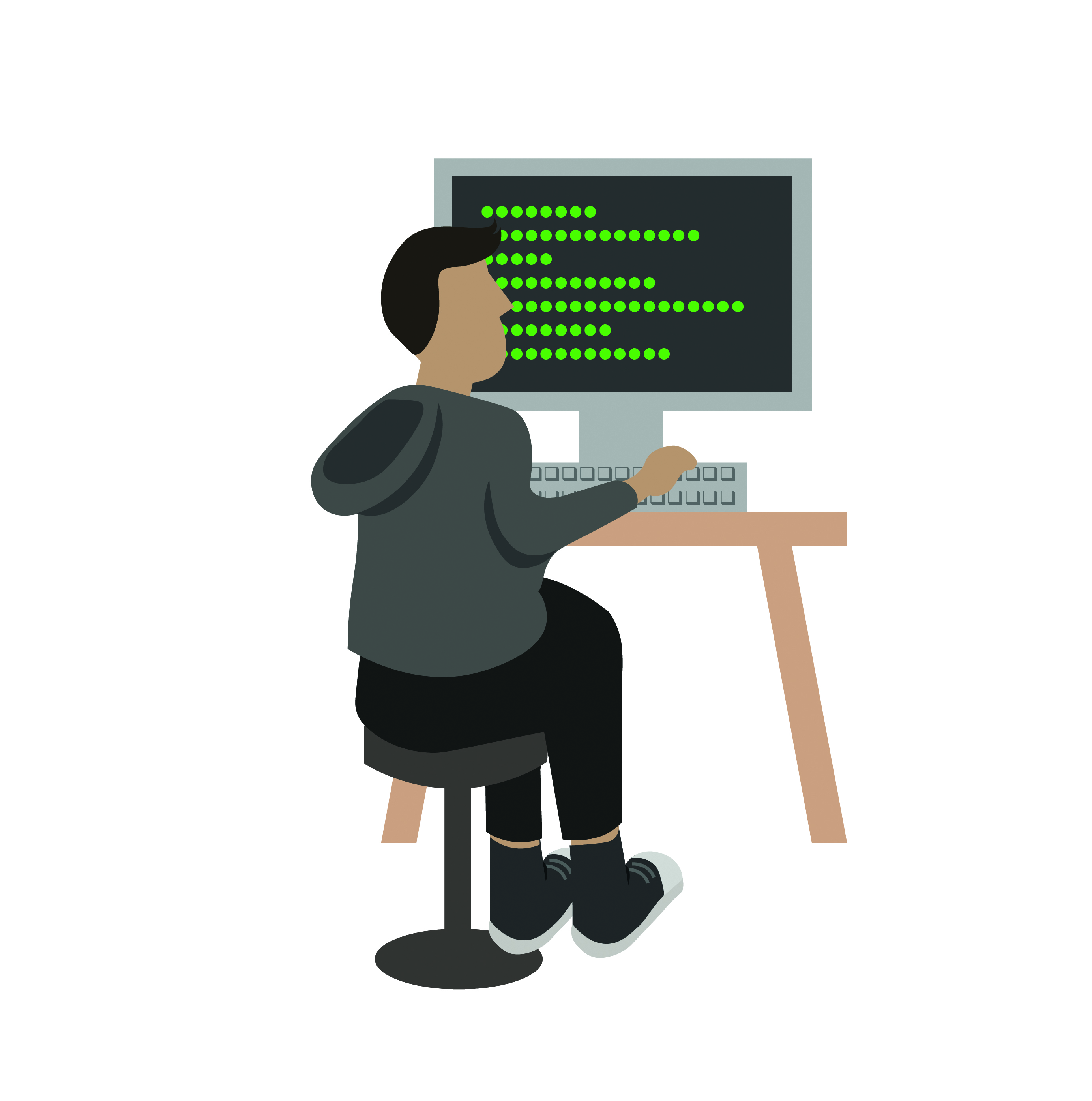
Future applications
Once a fault-tolerant quantum computer has been built, the applications of this technology broaden significantly. Instead of the small-scale, niche applications of the NISQ era, quantum computing could be implemented in many use cases – such as optimization problems, modeling of complex real-world systems, performing searches and factoring. These capabilities can be applied to domains such as cybersecurity, industrial chemistry, material science, and many more.
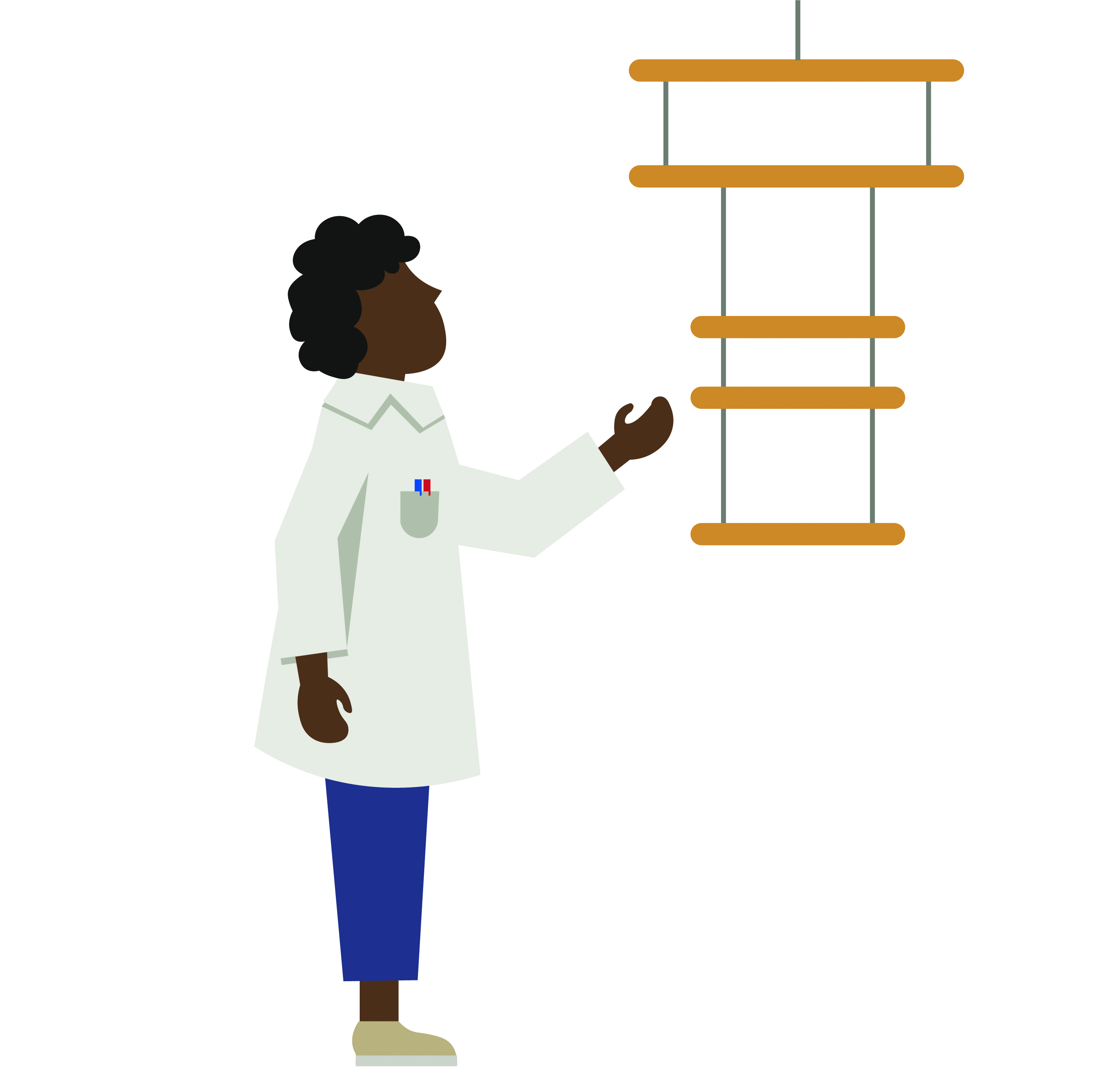
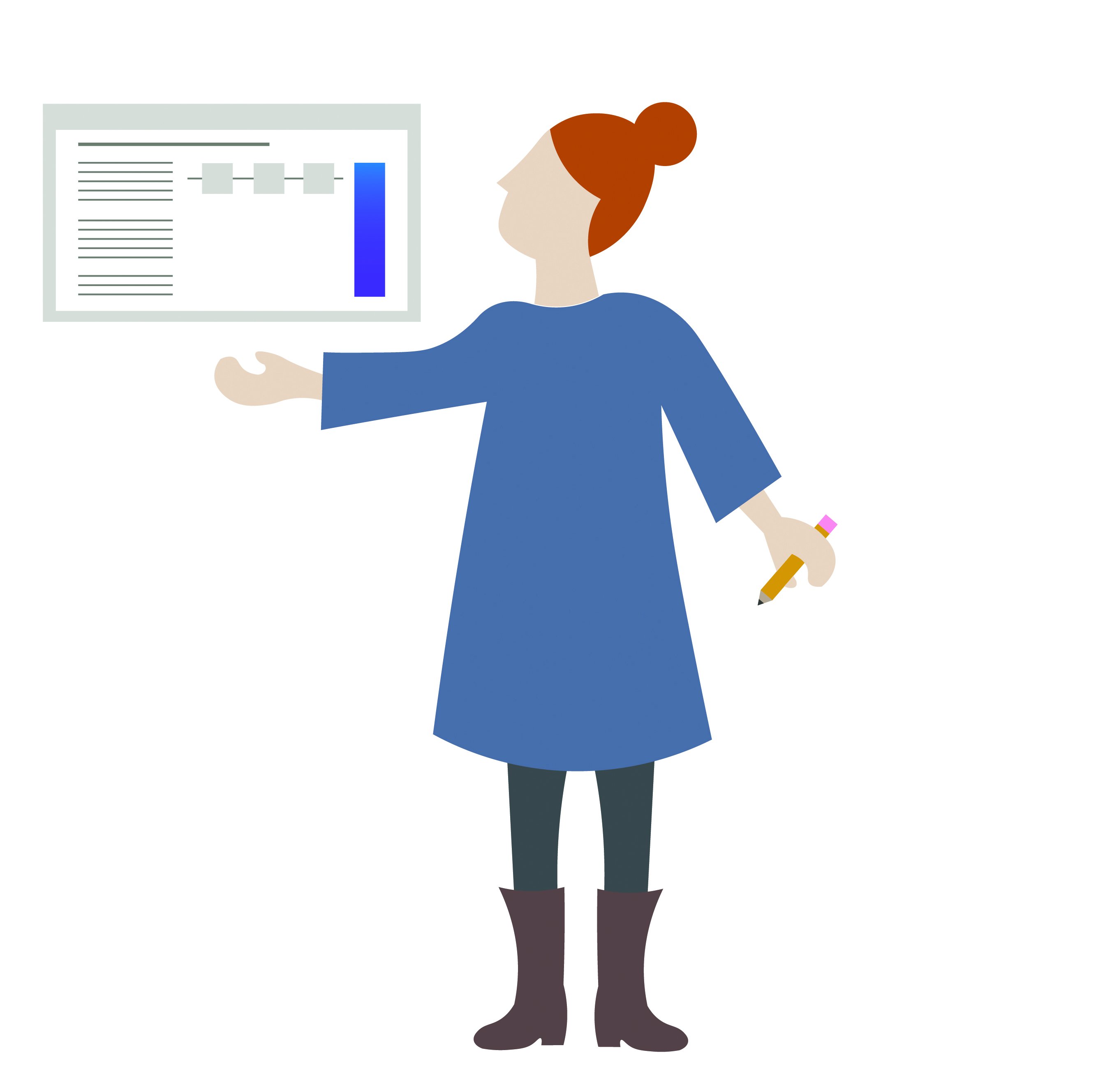
The Fine Print
Predicting the future is tricky, so many research timelines are cautiously optimistic. Furthermore, many businesses with a stake in quantum computing have an interest in boasting about the rapid progress the field is making. The field of quantum computing is indeed flourishing, but hype alone does not build a fault-tolerant quantum computer. There are many critical engineering challenges to still be overcome, with each promising qubit type coming with its own set of challenges. Critical scientists sometimes compare the field of quantum computing to that of nuclear fusion – which hopes to harness the powerful reactions that occur in stars to make plentiful clean energy on Earth. First conceived in the early 20th century, there is an old joke that it is 20 years away and always will be. Yet with much research, it is often the journey itself that brings the unintended surprises which yield great value to society. Only time will tell what timeline future generations draw when they reflect on the current developments of “Quantum Technology 2.0”.
When will we have quantum computers?
Quantum computers already exist! They exist in many university labs, in research divisions of big companies and in Delft there are even two up and running at QuTech that you can try yourself. Quantum Inspire offers a platform which people from all over the world can access to learn quantum computing and test their ideas. Still, it is fair to say these quantum computers are still research prototypes. A full-blown quantum computer with which you can do truly complex calculations, such as breaking encryption with Shor’s algorithm, does not yet exist. The challenge to build that full-blown quantum computer is taken up by researchers and engineers all over the world. The next part of this magazine is about this challenge.

